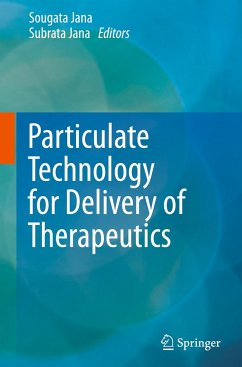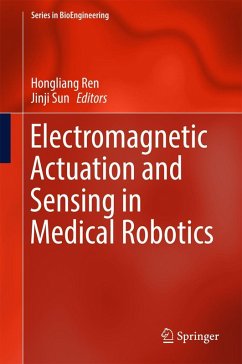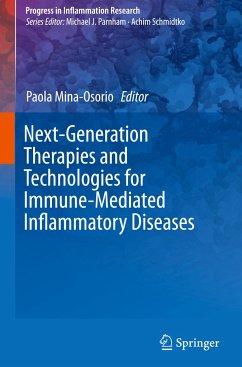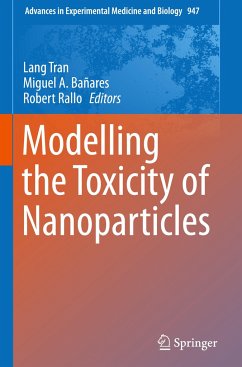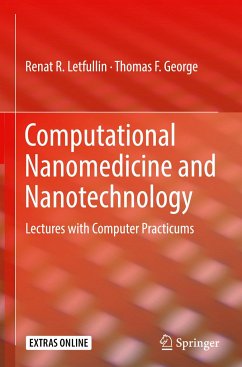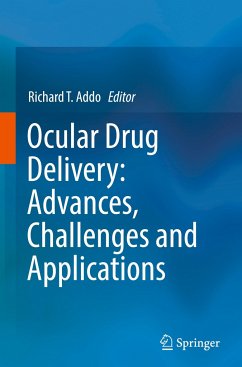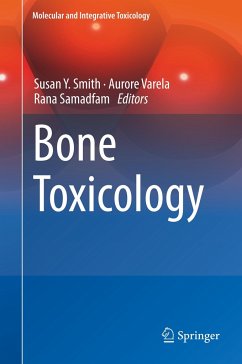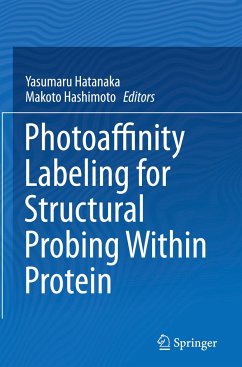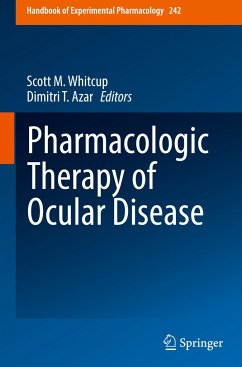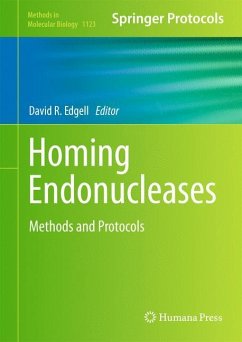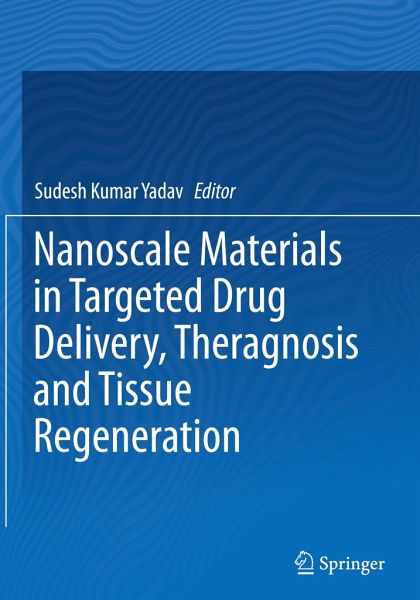
Nanoscale Materials in Targeted Drug Delivery, Theragnosis and Tissue Regeneration

PAYBACK Punkte
57 °P sammeln!
This book is the first of its kind to offer a comprehensive and up-to-date discussion of the use of nanoscale materials for biomedical applications, with a particular focus on drug delivery, theragnosis and tissue regeneration. It also describes in detail the methods used in the preparation of nanoparticles. Response of nanoparticles in biological systems are also explored.Nanotechnology has led to the advent of a new field, nanomedicine, which focuses on the use of nanomaterials as drug-delivery vehicles to develop highly selective and effective drugs. The combination of molecular imaging and...
This book is the first of its kind to offer a comprehensive and up-to-date discussion of the use of nanoscale materials for biomedical applications, with a particular focus on drug delivery, theragnosis and tissue regeneration. It also describes in detail the methods used in the preparation of nanoparticles. Response of nanoparticles in biological systems are also explored.
Nanotechnology has led to the advent of a new field, nanomedicine, which focuses on the use of nanomaterials as drug-delivery vehicles to develop highly selective and effective drugs. The combination of molecular imaging and nanotechnology has produced theragnostic nanoparticles, which allow the simultaneous detection and monitoring of diseases. Nanotechnology can also be combined with biomaterials to create scaffolds for tissue regeneration. Further, significant advances have been made in the areas of drug delivery, theragnostic nanoparticles and tissue regeneration materials. Some nanomedicines and tissue regeneration materials are already commercially available, while others are undergoing clinical trials, and promising results have been documented. Despite the rapid advances in nanomedicine, there is a relative dearth of literature on the biomedical applications of nanoscale materials.
Nanotechnology has led to the advent of a new field, nanomedicine, which focuses on the use of nanomaterials as drug-delivery vehicles to develop highly selective and effective drugs. The combination of molecular imaging and nanotechnology has produced theragnostic nanoparticles, which allow the simultaneous detection and monitoring of diseases. Nanotechnology can also be combined with biomaterials to create scaffolds for tissue regeneration. Further, significant advances have been made in the areas of drug delivery, theragnostic nanoparticles and tissue regeneration materials. Some nanomedicines and tissue regeneration materials are already commercially available, while others are undergoing clinical trials, and promising results have been documented. Despite the rapid advances in nanomedicine, there is a relative dearth of literature on the biomedical applications of nanoscale materials.



